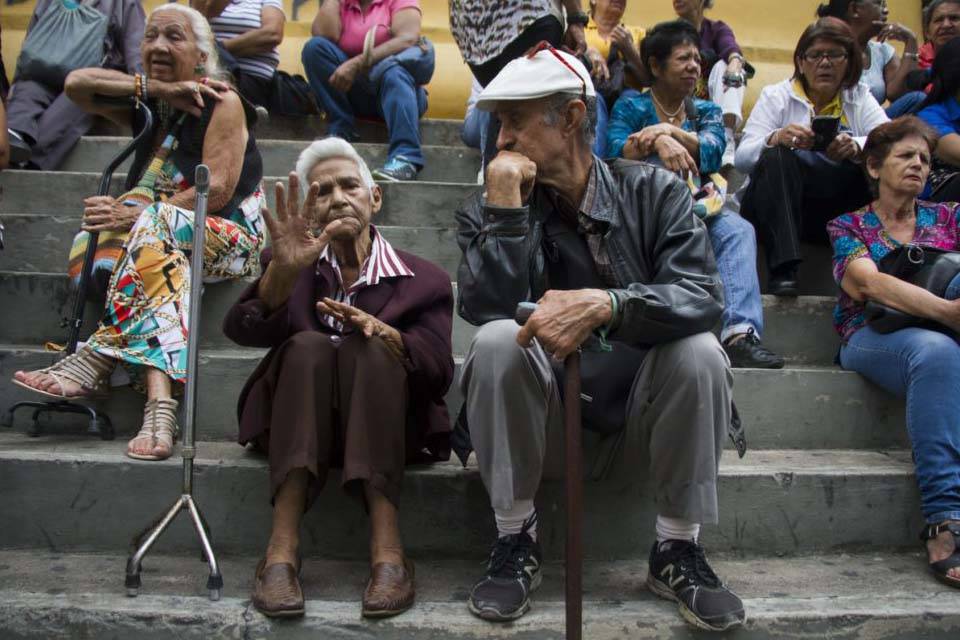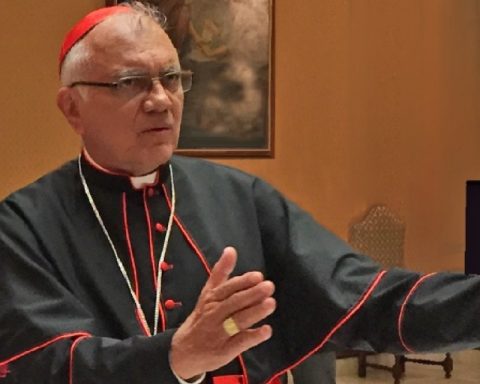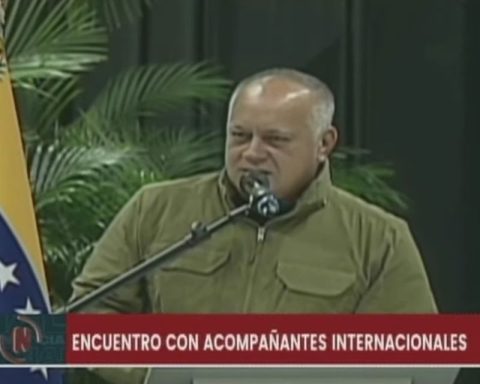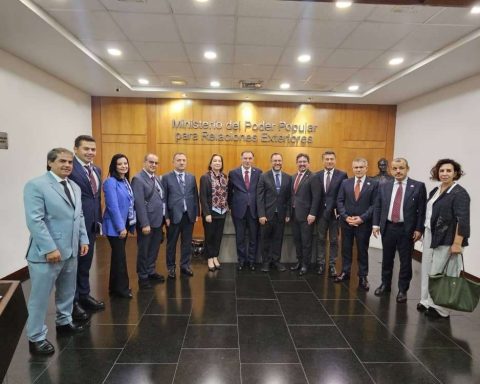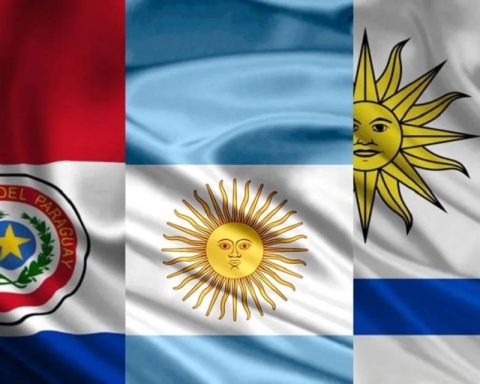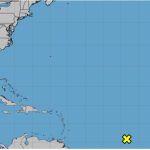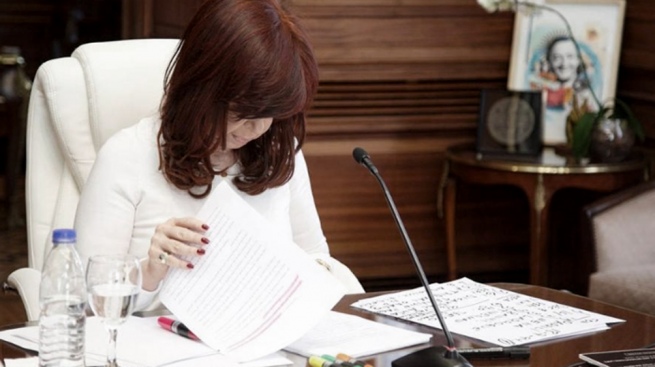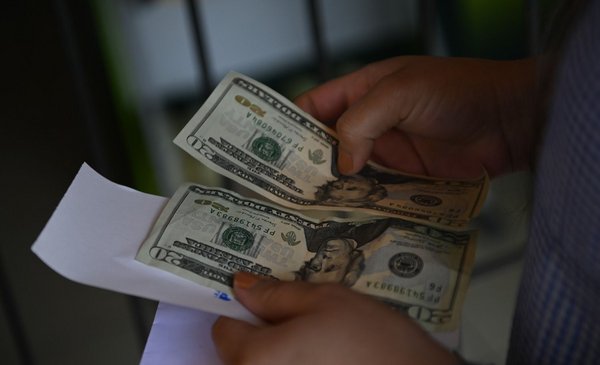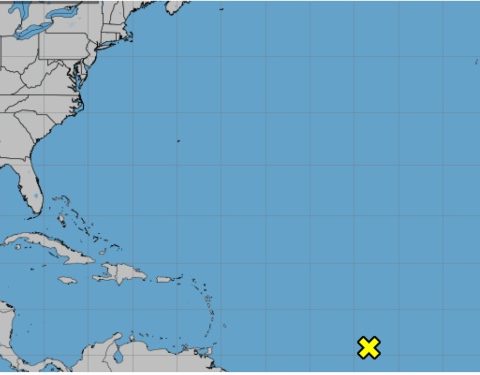The Population Aging Research of Venezuela 2022 makes it clear that the conditions of older adults in the country are not what is desired. Despite having a pension, this is insufficient to cover food expenses, 93% do not have a health policy and 38% joined the labor market again to support themselves. A growing number of people who considered themselves upper-middle class “are also in need of support,” said Luis Francisco Cabezas, general director of AC Convite.
The conditions for aging in Venezuela, despite the economic “recovery” proclaimed by the ruler Nicolás Maduro, do not improve and are far from being the desired ones. The AC Treat presented on Friday, September 16, the investigation “Venezuelan Population Aging 2022”, where they detailed the precariousness of this sector of the population, which became dependent on others and slowly returns to the labor market to survive due to the inability to cover their basic needs with pension or retirement payments.
The survey, carried out among 3,058 people in 19 states of the country, highlighted that 67% of older people indicated that they receive between 10 and 50 dollars a month, although the majority estimate that their expenses exceed 100 dollars a month, destined mainly for food. .
In Venezuela the current law establishes that an older adult is considered to be any person “of age equal to or greater than 60 years”.
Barely 12% reported earning more than $100. How then do they cover other expenses? 73% of older adults answered that they receive support from their relatives, either by sending an allowance, remittances or a market.
“Venezuela is still the worst country in the continent to grow old and this must change,” said Luis Francisco Cabezas, general director of Convite. He also highlighted that there is an important change compared to other years, and it is due to the increase in the number of people who traditionally were located in the segment of the middle and upper middle classes who “are also in need of support.”
Research Population Aging of Venezuela 2022 #poven | ?️?️@luisfcocabezasCEO of #Treat: «We will continue doing our job. We will do what we have to do so that older adults are taken into account.
— Convite AC (@conviteac) September 16, 2022
And it is that 91% of those surveyed said that it is expensive to live and stay economically in Venezuela, “and the majority answered that they do not know how much longer they will be able to cope with the situation,” explained Yanireth Fernández, research coordinator of the association.
For this reason, there is a growing number of older people who rejoined the labor market. Between 2021 and 2022, 38% returned to work, mainly in the informal sector, to increase their economic income. This represents 10% more than last year.
*Also read: Luis Francisco Cabezas: Talking about a pension to older adults makes them laugh, anger
“68% of those surveyed perceive social protection as deficient. It is a statistic that the Venezuelan State must take into account so that older people are incorporated into its political and programmatic agendas. They are not only children and adolescents, women and indigenous people, but also the elderly. The population is aging,” Fernandez said.
Another issue is adult caregivers. Although the figure remained the same between 2021 and 2022, the number of people who are now caring for children and adolescents increased (38%), mainly due to the migration of their parents. 11% must take care of people with some type of disability.
Older adults, health and nutrition
The decrease in economic income continues to be a fundamental factor for this sector of the population to be able to meet important basic needs, such as guaranteeing their health or food.
93% of those surveyed by Convite said that they do not have a health policy, so they must go to public hospitals or Comprehensive Diagnostic Centers (CDI) to solve a medical emergency or consult. If they must go to the private sector, they seek care in outpatient clinics or semi-private clinics that offer their services at affordable costs.
Research Population Aging of Venezuela 2022 #poven | ?️?️@franceliaruiz1project manager of #Treat: “When more than 90% of older adults say they do not have insurance, it is clear that the State is denying them the right to health.” pic.twitter.com/BxgFPeELDU
— Convite AC (@conviteac) September 16, 2022
In addition, there is a 21% that does not have access to this type of services. 58% do not regularly go to their medical check-ups, since they only go to hospitals for emergencies or ailments that cannot be postponed.
*Also read: Convite: “Only 1% of the elderly population can access insurance policies”
Hypertension, venous insufficiencies and heart disease are the most common diseases among the elderly. According to the study, 78% must take some type of medication, but only 8% can easily buy it.
“There is no longer an issue of scarcity, but of affordability. The price is going up and it is not always enough to buy them all”, explained Yanireth Fernández.
Research Population Aging of Venezuela 2022 #poven | ?️?️ Yanireth Fernandez, Coord. research #Treat: «46% of those surveyed say they buy the medicines they need, but with difficulty. Some choose between their treatment or buying food.
— Convite AC (@conviteac) September 16, 2022
Regarding food, 55% expressed that they have sometimes had to reduce their portions of food to make food, a higher proportion (13%) than last year.
The inclusion of protein in the dish (meat, chicken or fish) also decreased this year. Barely 10.89% consume any of these foods on a daily basis, while 52.39% do so between two and three times a week.
Fish (57%) is what older adults miss eating the most, followed by red meat and fruit.
While 77% of older adults said they receive the box or bag from the Local Supply and Production Committees (CLAP), either monthly, bimonthly or quarterly, but it lasts an average of 15 days and they do not have everything what do you need.
For Francelia Ruiz, the Venezuelan State must urgently design a national aging plan that guarantees the rights and quality of life for this vulnerable sector. She also requested that the Inter-American Convention on the Protection of the Human Rights of Older Persons be ratified and that the domestic legal system be adapted in this regard.
Post Views:
145
